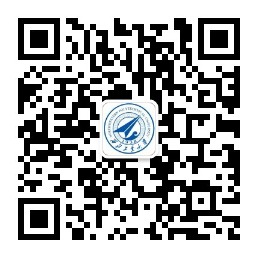From 4th to 18th August 2024, Zhang Xiaohong, Deputy Secretary of the Youth League Committee of NPU, along with Yuan Menglei, counsellor for the 2022 QMES class, and teachers Bi Jialong and Ma Xiaoxuan, led 103 students from QMES to Queen Mary University of London (QMUL) for a two-week summer school programme. This event, tailored to align with QMES’s professional focus, featured a series of bespoke courses and cultural activities. It allows students to enhance their academic knowledge, broaden their international perspectives, and boost their global competencies through cross-cultural exchange, contributing new momentum to NPU’s “127” goal and the development of “Chief Engineer-type” talents.
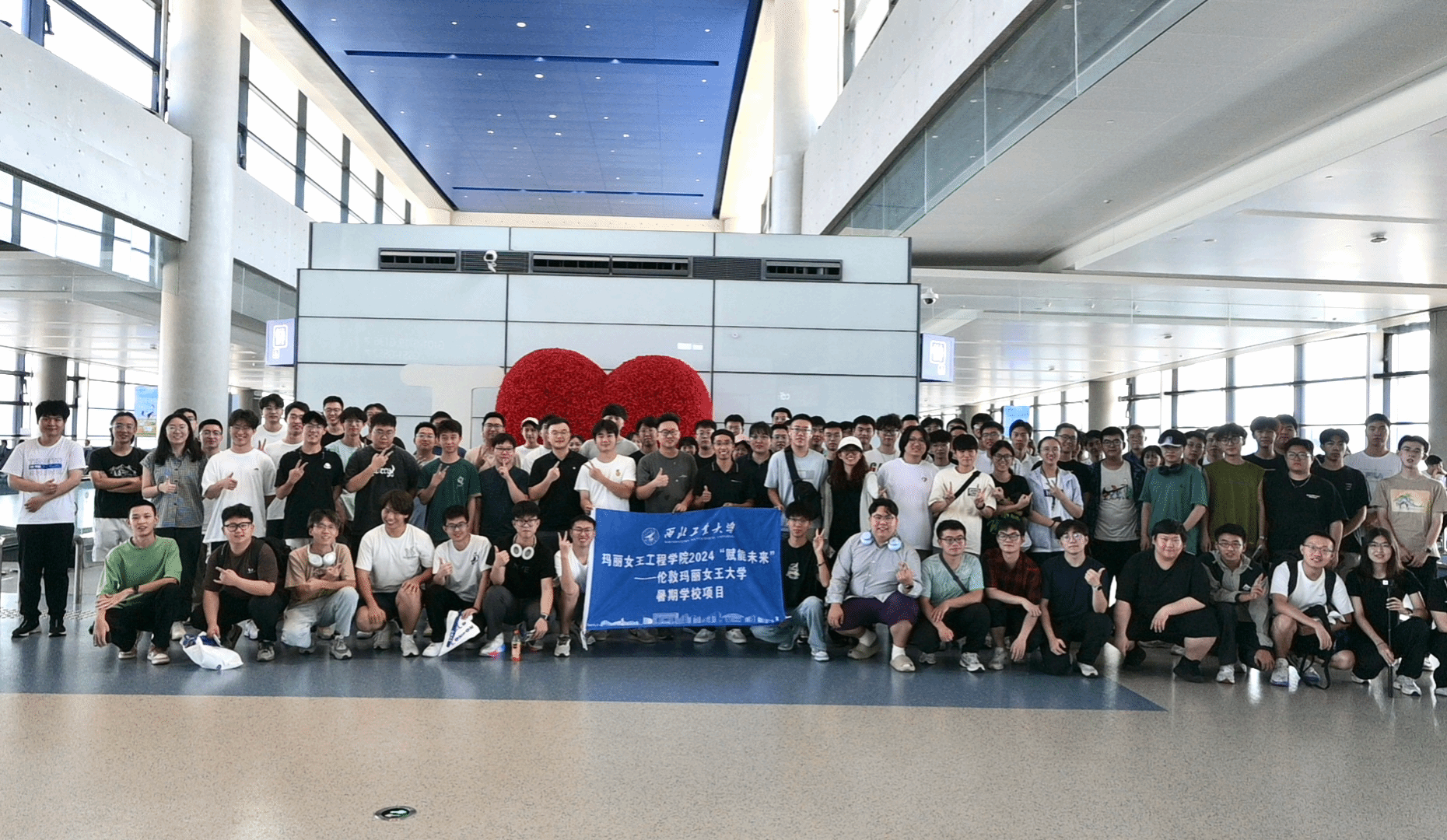
Safe Journeys, Smooth Sailing
To ensure students’ personal and property safety and help them acclimate to their new learning and living environment, the International Cooperation Office and QMES conducted pre-departure training sessions on 21st June, 27th June, and 16th July. The International Cooperation Office provided detailed briefings on itineraries, safety protocols, travel regulations, and emergency procedures. Bi Jialong and the QMUL project coordinators Li Wang and Luqman covered course schedules, travel preparations, cultural customs, safety instructions, and emergency plans, and organised the participants into groups to ensure adherence to discipline and management requirements.
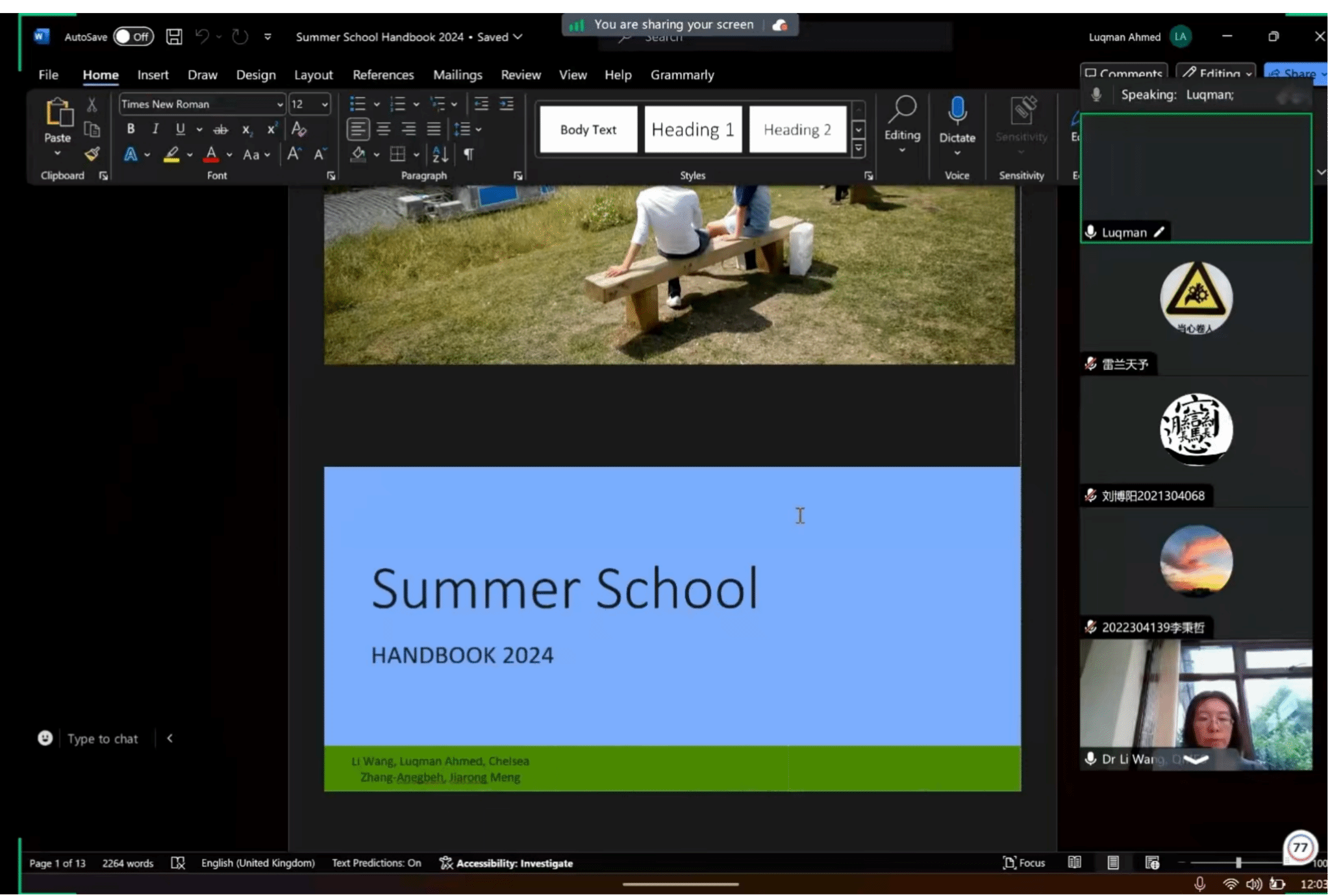
Eager Anticipation, United in London
On August 4th, all the faculty and students arrived in London. With the assistance of QMUL staff and volunteers, the students completed registration and accommodation arrangements, experiencing QMUL's warm hospitality.
On the morning of August 5th, a welcome ceremony organised by the School of Engineering and Materials Science at QMUL took place in Room G27. James Busfield, Deputy Head of the School of Engineering and Materials Science, delivered a speech, warmly welcoming and extending sincere wishes to the 107 faculty and students participating in the summer school. He expressed hopes that the students would gain valuable insights from the exchange programme. Following this, Maria Romero-Gonzalez, Executive Vice Dean of QMES, provided an overview of QMUL and outlined the overall plan for the summer school. Babatunde then offered detailed advice on safety precautions for life in London and conducted laboratory safety training to ensure a smooth and secure learning experience. Finally, Li Wang and Luqman thoroughly introduced the programme’s schedule and learning requirements, laying a solid foundation for the successful execution of the summer school.
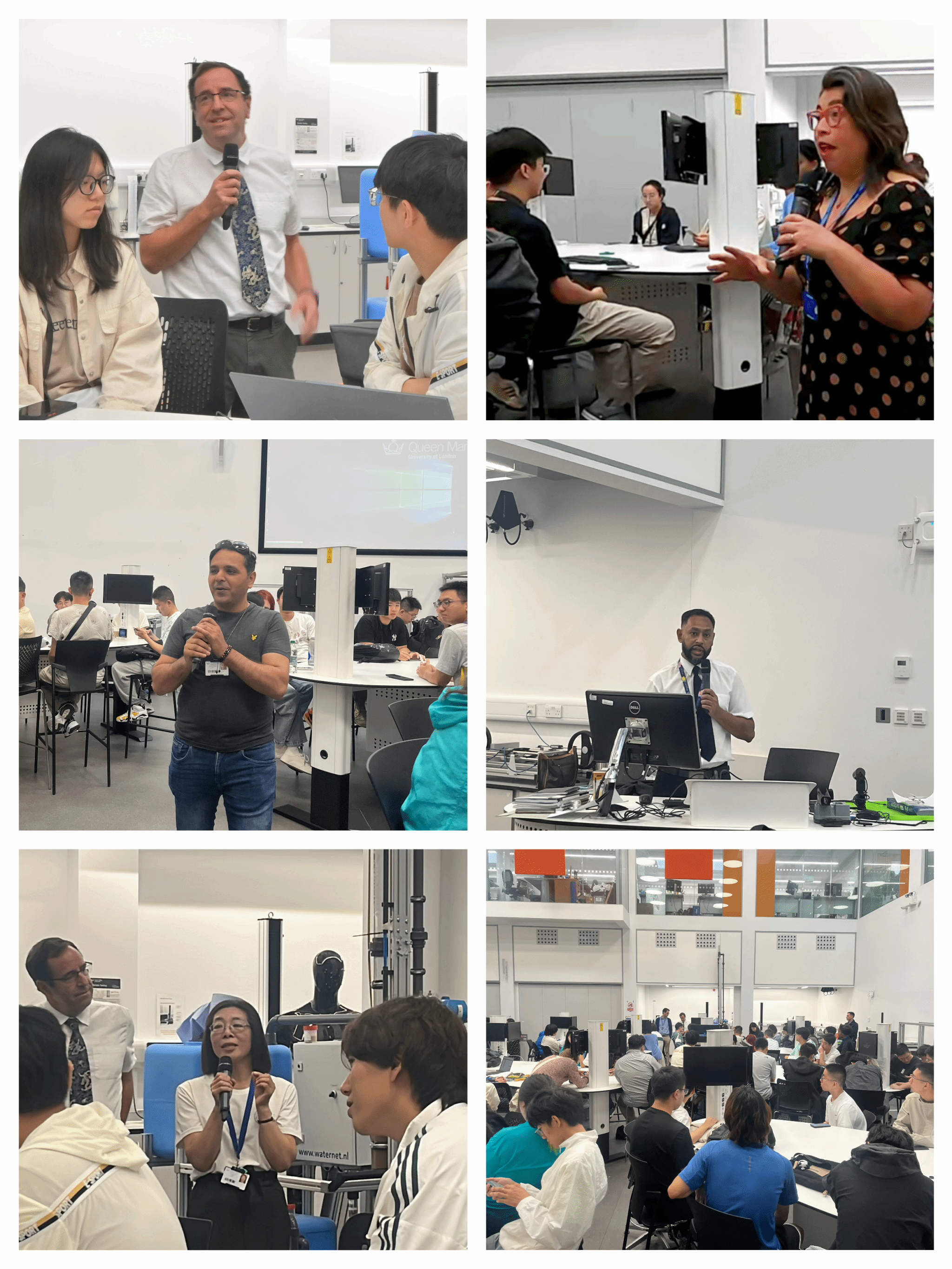
Inspiring Minds, Gaining Knowledge
During the two-week programme, QMUL organised a range of cutting-edge lectures, engaging practical sessions, and collaborative activities, aimed at broadening the students’ academic horizons, enhancing team collaboration, and improving practical skills.
In Maker Space, James Wayland provided instruction on wooden material structures and tool usage standards, guiding students in the creation of wind-powered vehicles and a related racing competition.
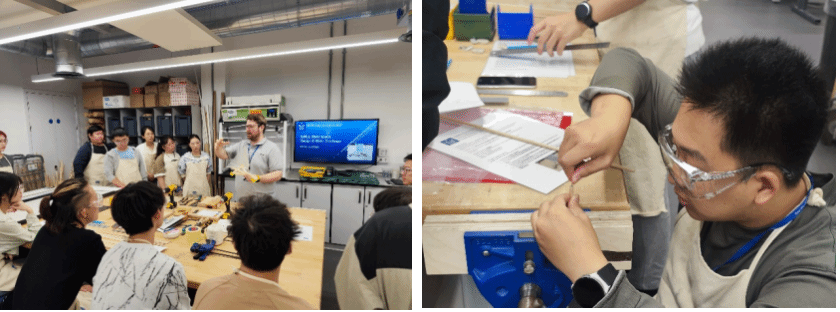
In the AI in Engineering Workshop, Andrew Spowage led students in an in-depth exploration of the applications of large-scale AI models in engineering design and practice. Students were guided in using AI tools such as ChatGPT and Copilot to address problems in materials science and engineering, significantly expanding their professional knowledge and developing their ability to apply AI technology to real-world issues.
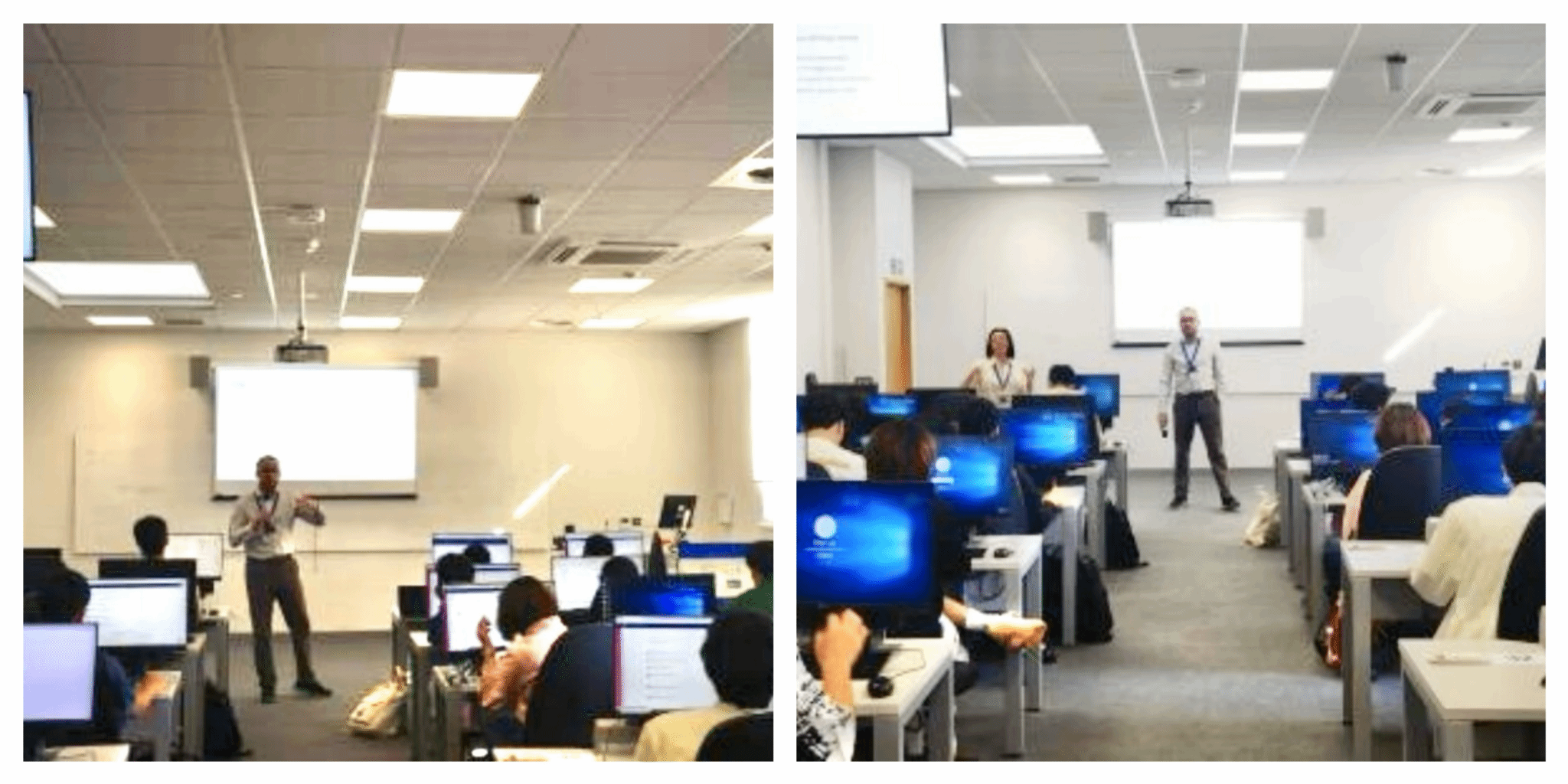
In the dental materials lecture and practical course, Professor Mangala Patel provided an in-depth overview of the development, properties, and applications of restorative materials. Students also had the opportunity to visit QMUL’s Dental Haptic Lab, where under the guidance of Benjamin Audsley, they used the Simodont Dental Trainer to experience simulated restorative procedures. This course significantly broadened students’ understanding and application of dental materials, prompting reflections on future research directions and career choices.
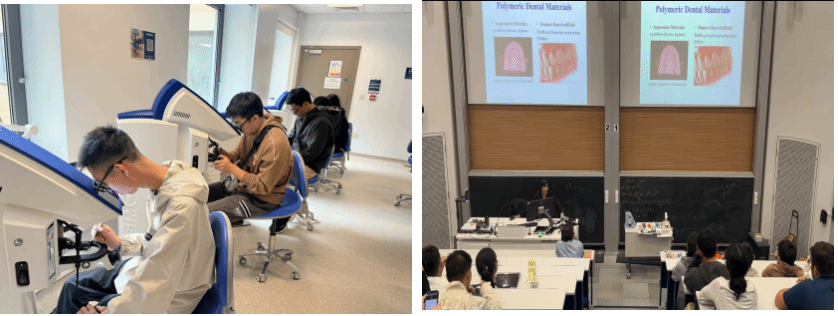
Haixue Yan presented the major achievements of QMUL’s nine Nobel Laureates and introduced students to the field of materials science and engineering, as well as IOM3 and its various branches of functional materials, enriching their knowledge of the discipline.
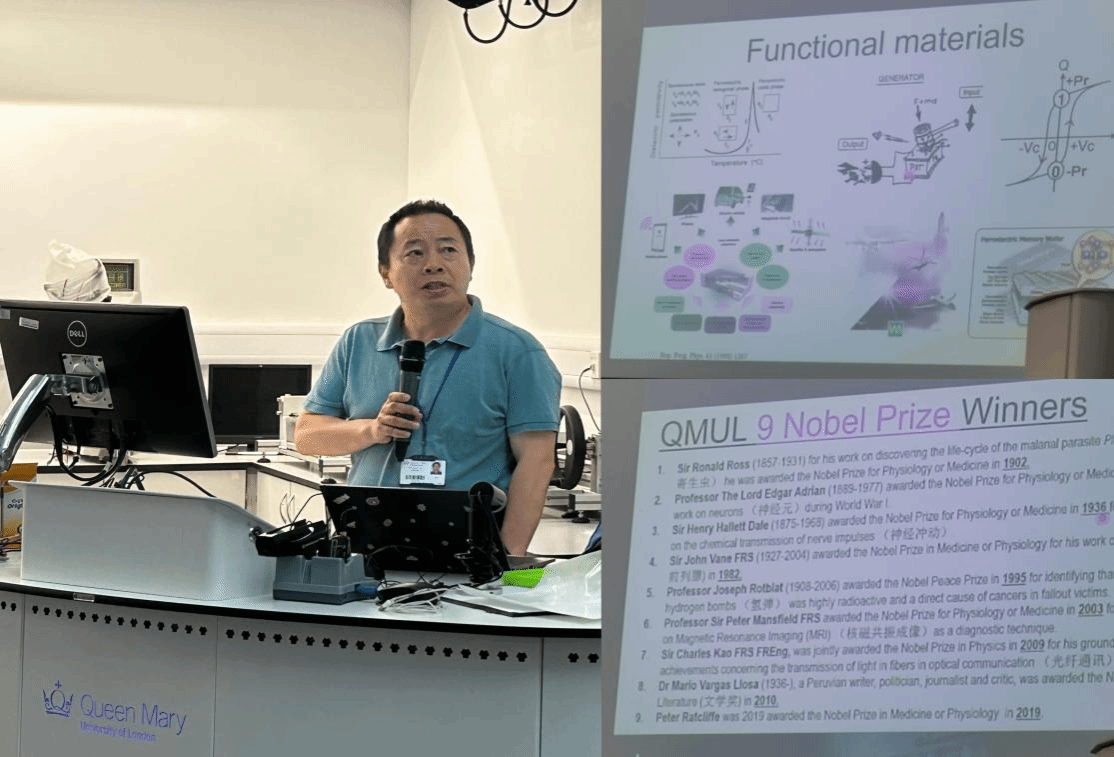
Additionally, QMUL alumni and current doctoral students Li Ruixiang, Zhang Yikun, and Sun Yutong shared their research experiences in areas such as photoelectrochemical scanning, cell hydrogels, and perovskite batteries, as well as their insights into applying for CSC scholarships. Samantha Heffeman provided an introduction to QMUL’s programmes and academic disciplines, helping students understand the application process and life as an international student. Liz Tanner, the Academician of the Royal Academy of Engineering, offered valuable life lessons based on her experiences working, researching, and living at QMUL. These invaluable insights and advice have boosted students' confidence in their future academic and professional paths, motivating them to strive for further achievements and self-improvement.
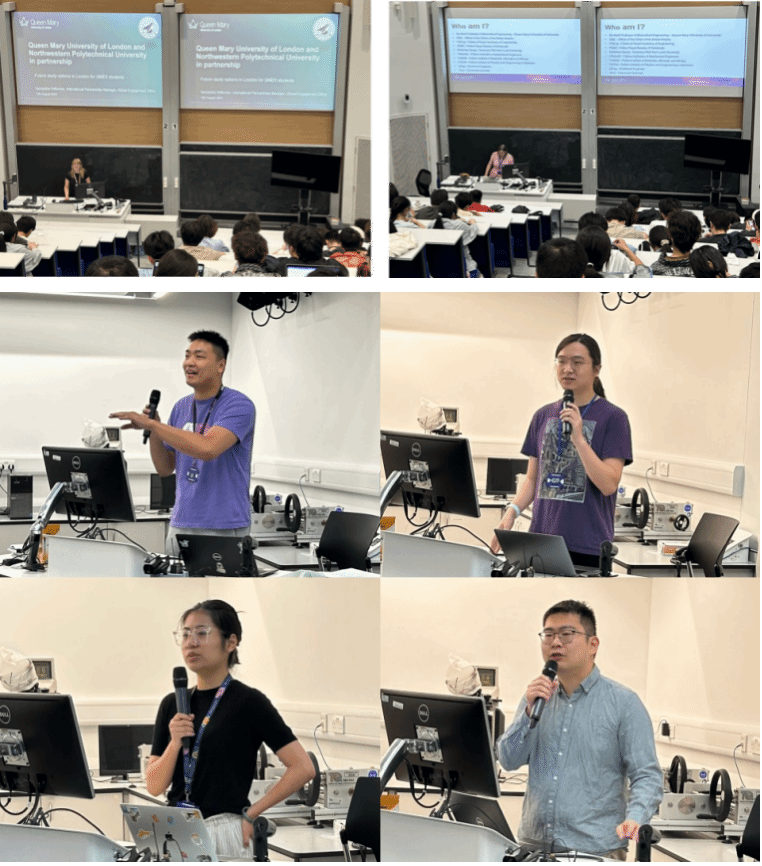
Exploration and Inspiration
During this study trip, students had the opportunity to visit the Great British Car Journey and the Rolls-Royce Museum in Derby. At the Great British Car Journey, they explored the craftsmanship and manufacturing techniques of 20th-century vintage cars. The visit to the Rolls-Royce Museum provided a deep dive into the development, manufacturing processes, and technological prowess of Rolls-Royce engines across the automotive, aviation, and marine sectors. This experience allowed students to appreciate Rolls-Royce’s commitment to continuous innovation and pursuit of excellence throughout its century-long evolution.
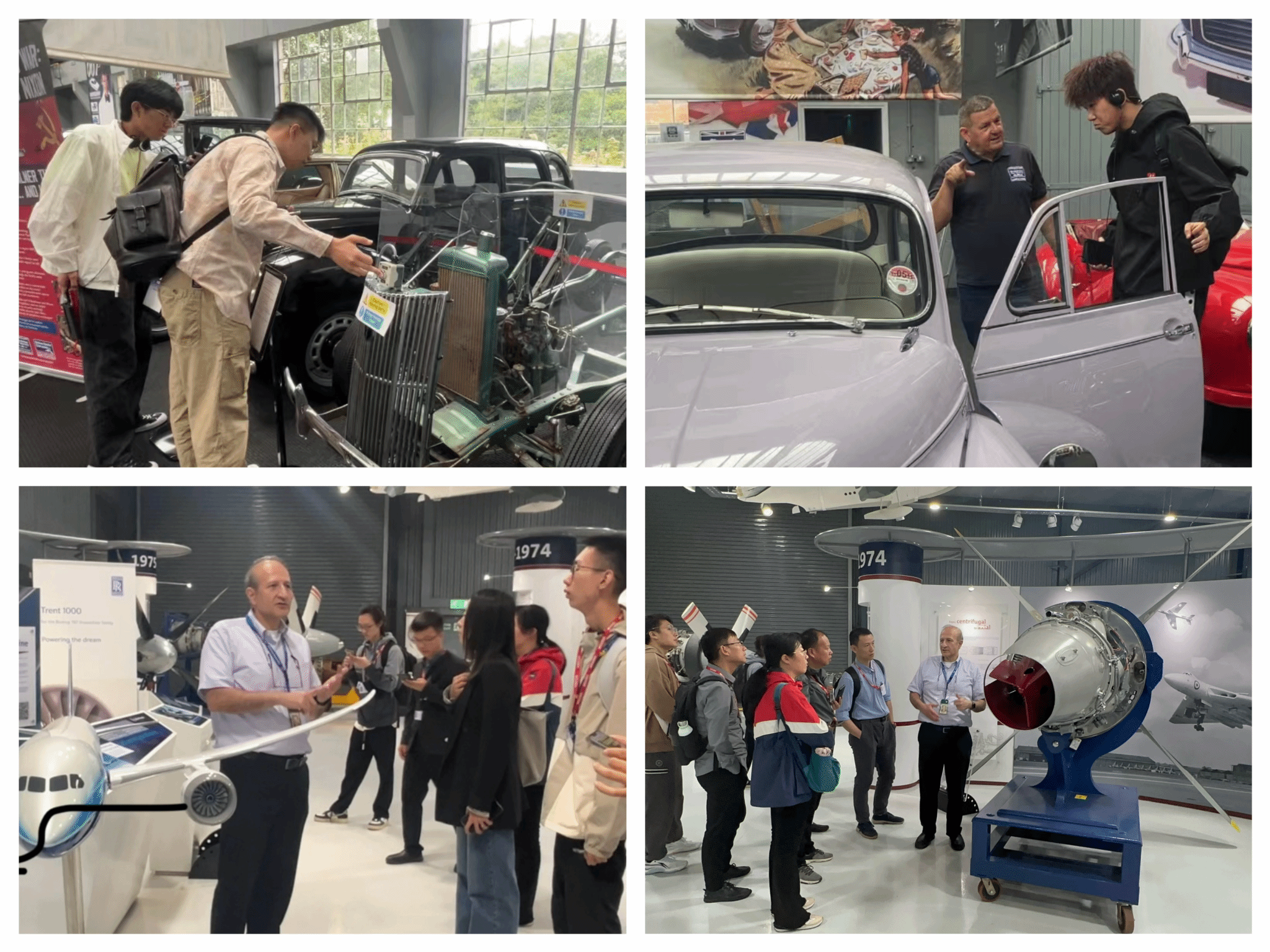
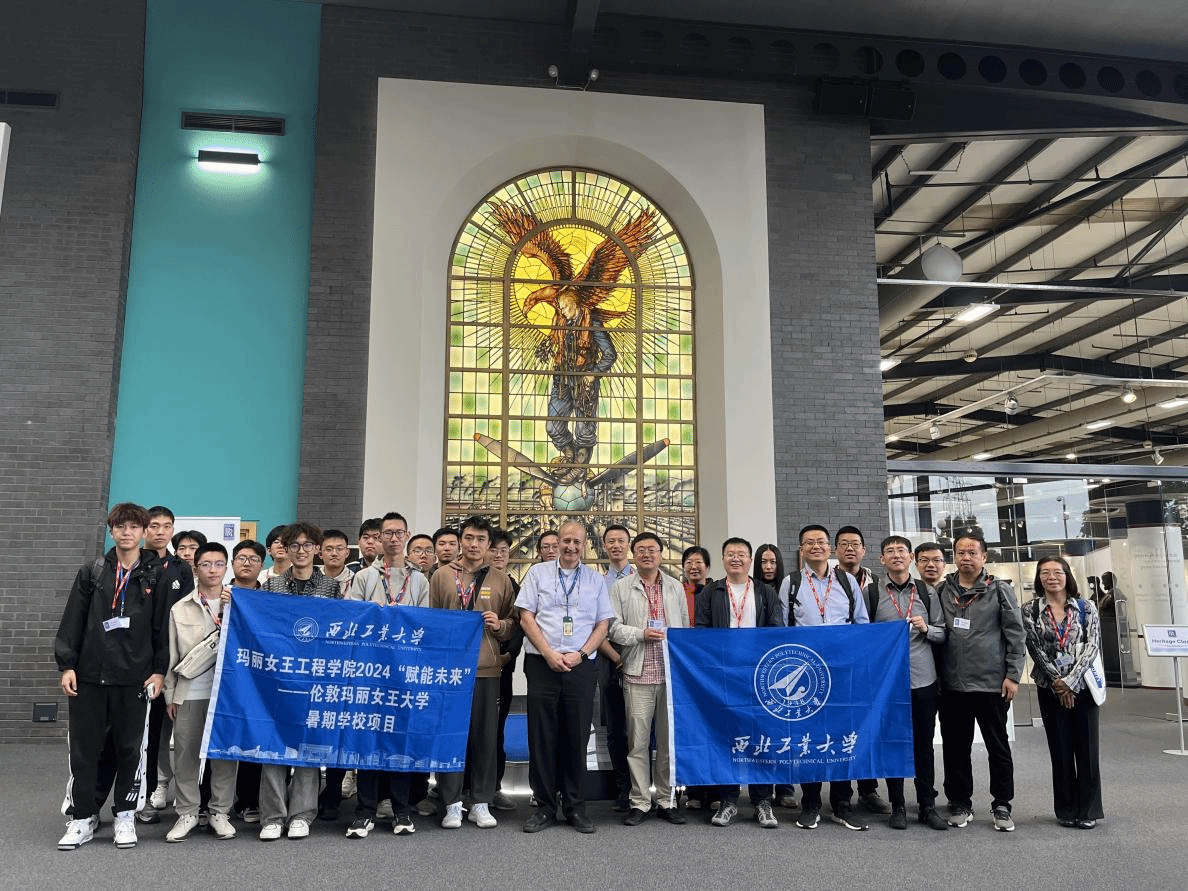
Forging Connections, Blending Cultures
Under the meticulous arrangements of Li Wang and Luqman, participants visited the streets of East London, the British Museum, and the Royal Observatory Greenwich. In East London, students experienced the blend of modern progress and historical depth of the city; at the British Museum, they appreciated the rich history and cultural splendour from around the world; and at the Royal Observatory Greenwich, they encountered the famous Prime Meridian, gaining a tangible understanding of the concept of the “Prime Meridian” or zero degrees longitude as presented in textbooks. They learned about the pivotal role Greenwich Mean Time plays in aviation and navigation. Over the years, Greenwich Mean Time has become the foundation for global time coordination and standardisation, with its precision and stability playing a crucial role in modern technology and globalisation.
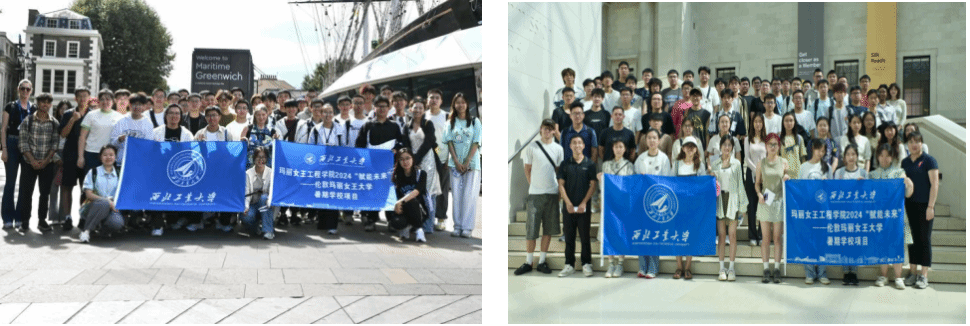
Moreover, the London Sight Race event brought an extra layer of excitement to the students. In the event, 103 students were divided into 20 teams, each led by QMES teachers and volunteers. Within the allotted time, teams visited seven landmarks, including Big Ben, St Paul’s Cathedral, Tower Bridge, and Covent Garden etc., and took creative team selfies. After a spirited competition, Team G1 and Team G3 won the award for the fastest teams, while Team G10 and Team G19 received the awards for best creativity. The event not only allowed students to enjoy the beauty of London but also provided a deeper appreciation of the city’s historical depth and modern vitality.
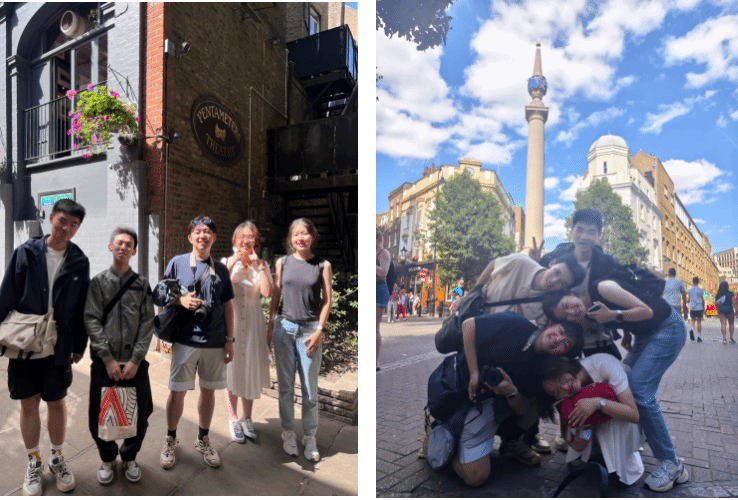
A Bountiful Harvest, A Successful Finale
During their time in London, the students captured their brief yet enriching learning experience over the two weeks with their cameras, recording many memorable moments. Each frame of footage showcased their enthusiasm for knowledge and the spirit of exploration in a foreign land. Following the conclusion of the event, a selection process was held, and ultimately, works by Team G13 and Team G10 stood out, earning them the Excellence Award. These precious images not only serve as a lasting memento of this unforgettable experience but also inspire students to continue boldly advancing on their future academic and research journeys.
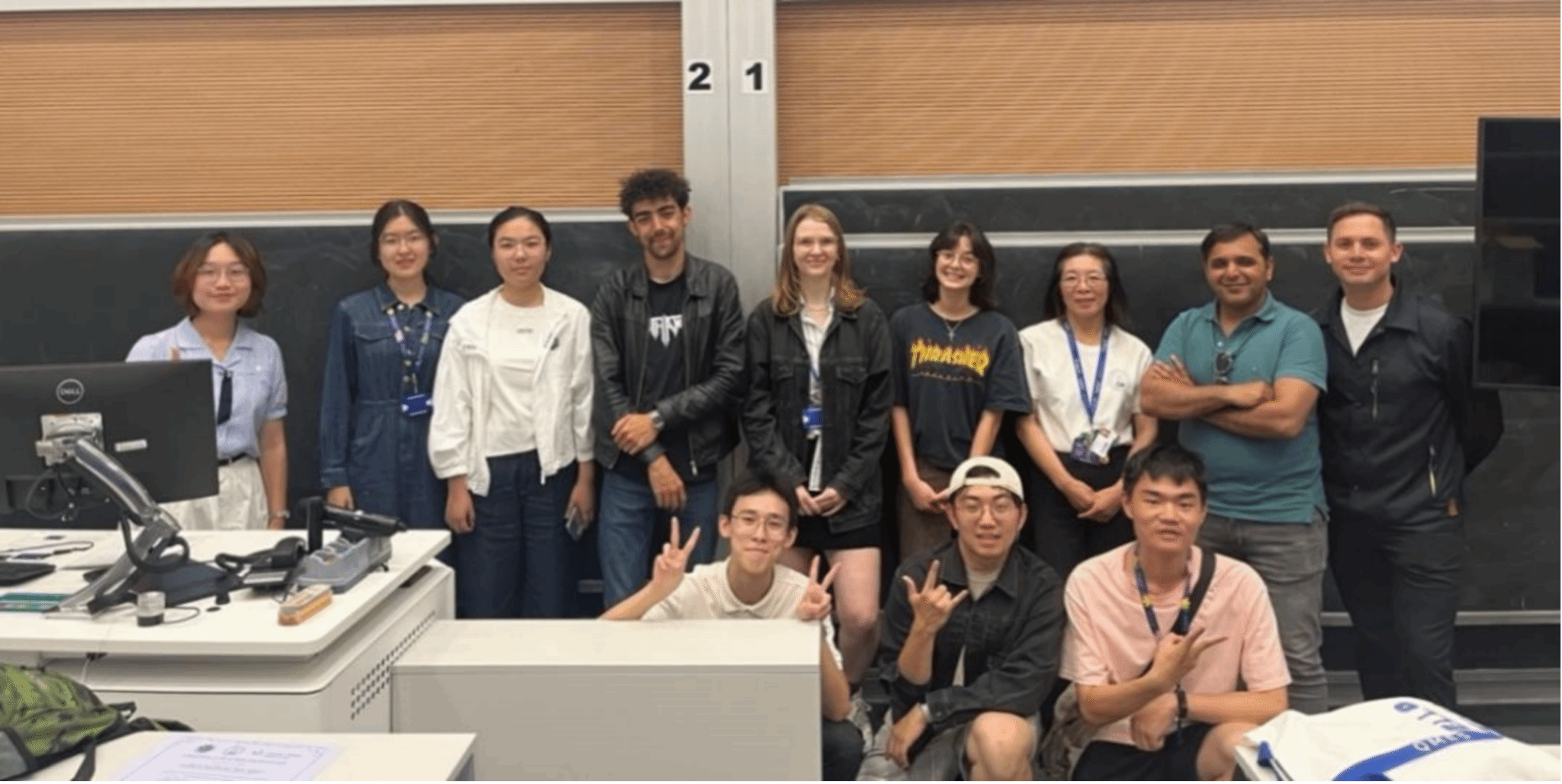
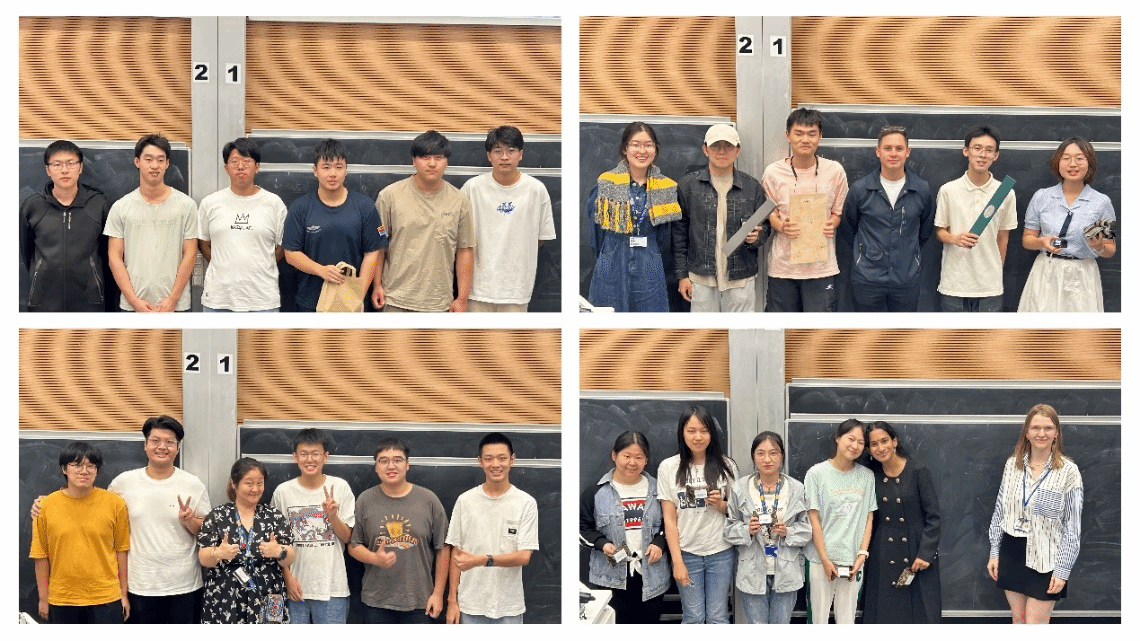
After the programme, James Busfield, Deputy Head of School of Engineering and Materials Science, presented the 2024 Summer School Completion Certificates to the students. He wished them continued strength and development in their future studies and careers. Subsequently, a student representative presented a gift to Chelsea, the team leader of summer school, in appreciation of her dedication and hard work throughout the summer school.
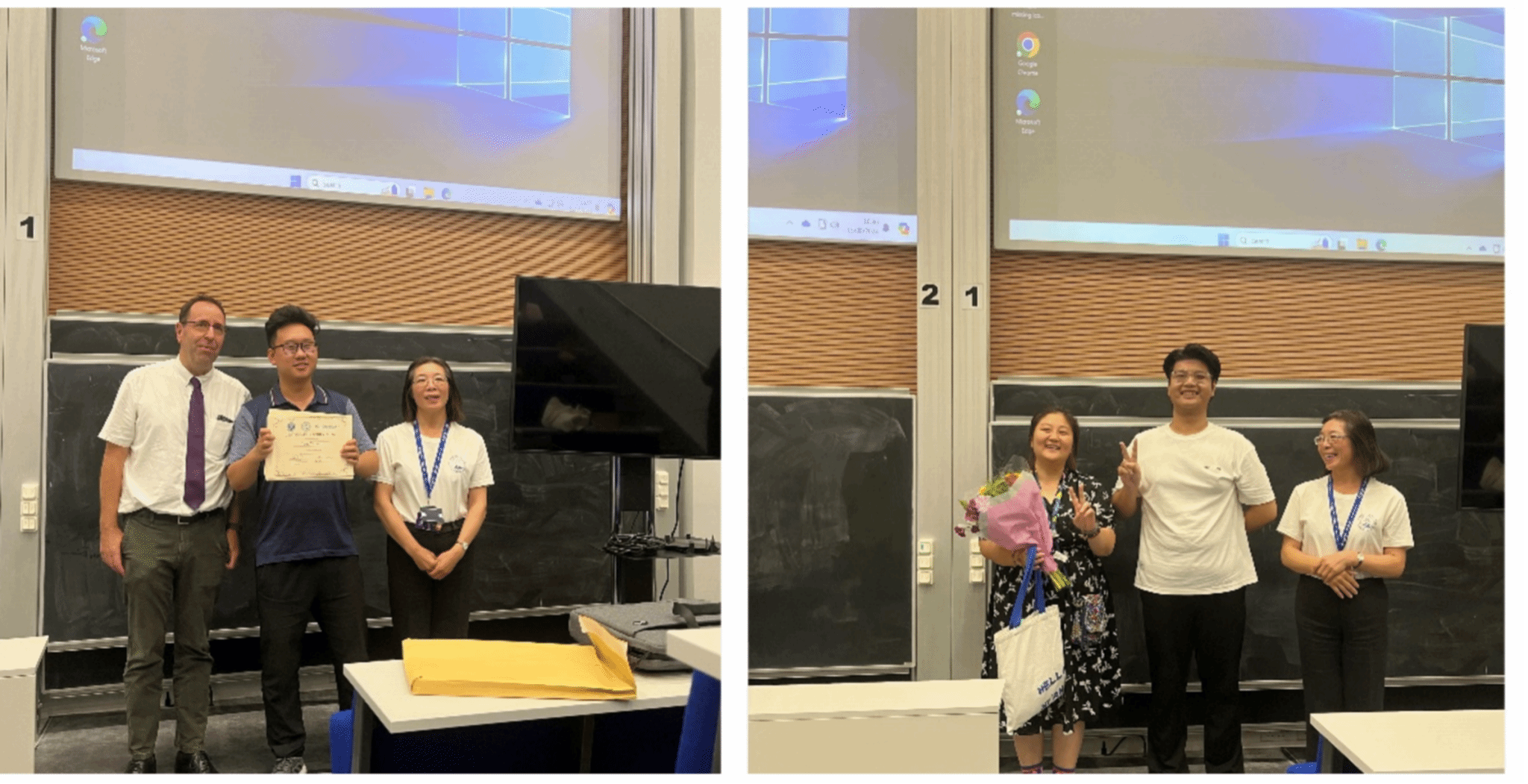
This summer study programme provided students with invaluable opportunities for learning and growth. Participants not only enhanced their professional skills and broadened their international perspectives but also deepened their understanding and respect for global diversity through cross-cultural interactions. The experiences gained from the programme have given students a more profound insight into the field of materials science, positively influencing their future studies and career planning. QMES will continue to expand its overseas internship and exchange platforms, fostering students’ enthusiasm for international and diverse development, and striving to cultivate well-rounded, innovative talents with a global perspective.
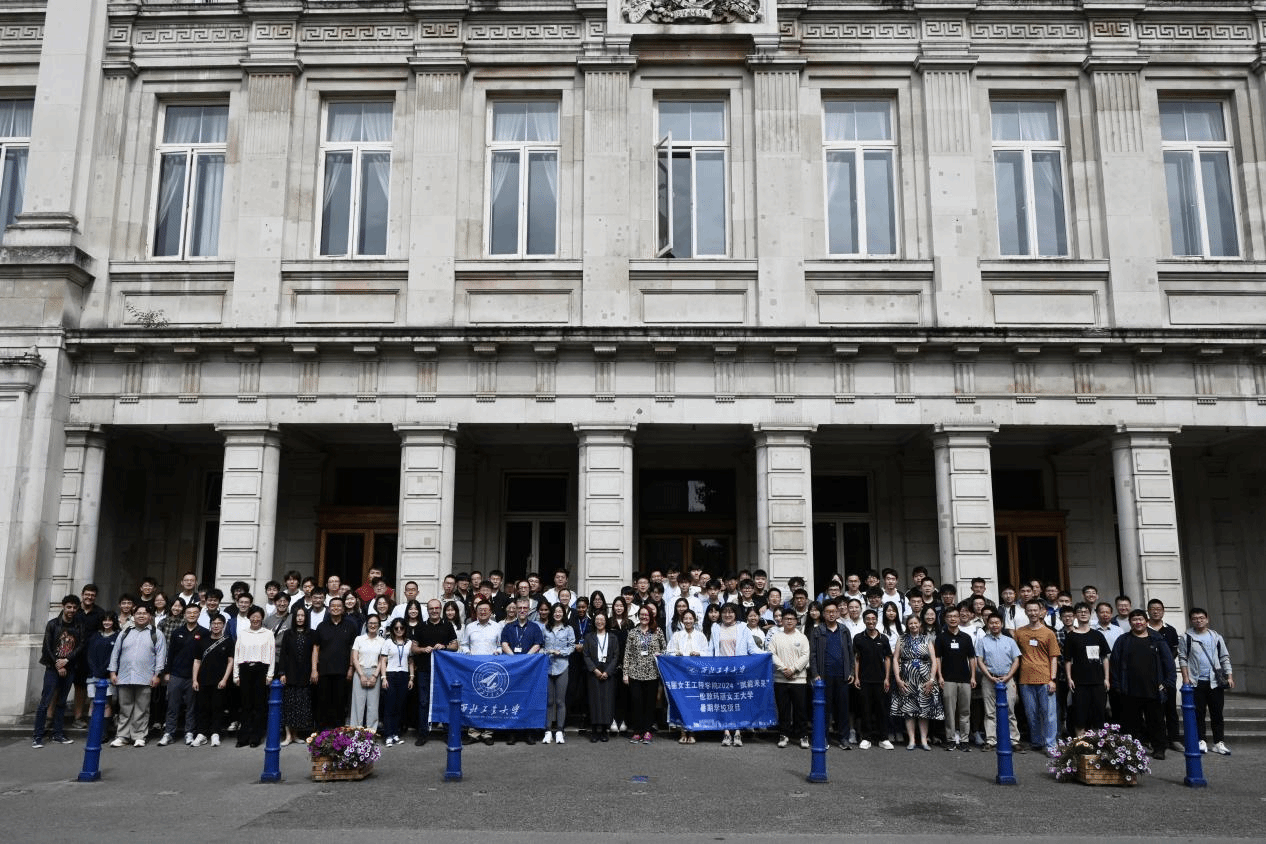
(Text: Ma Xiaoxuan, members of each group in the practice team; Photo: Zhang Yuhang, members of each group in the practice team; Edit: Han Huichun; Translate: Shen Xinyi; Review: Cheng Yin)

